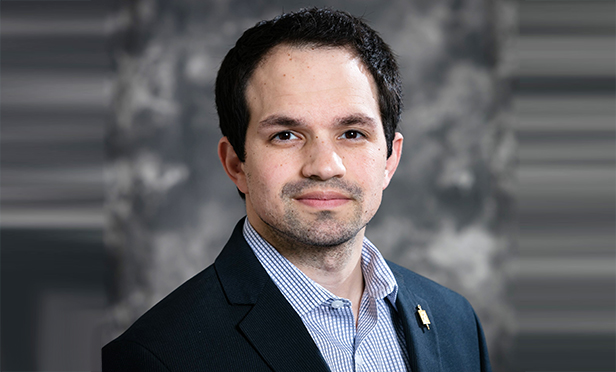From loud neighbors to leaky pipes, multifamily real estate managers are accustomed to dealing with a whole host of issues. But it's safe to say that before 2020 a worldwide pandemic wasn't what kept many of them up at night. Fortunately, adaptation is in the DNA of property managers. It's what they train for and do every day, according to Jim Vocos, CPM, principal of the Chicago-based property management firm Envision Real Estate & Management Co., and past president of the Chicago chapter of IREM (Institute of Real Estate Management).
"COVID really emphasized the importance of having a professional property manager who is well-trained and can adapt," says Vocos. "Obviously, no one saw this coming. But as property managers, you're used to adapting to new environments."
Recommended For You
When the COVID crisis hit, property management teams went into overdrive to secure cleaning supplies and hard-to-get personal protective equipment while also keeping tabs on the safety of their residents.
"We became more in tune with organizations like the CDC and the WHO," Vocos says. "We had to stay current with new information and relay that information as quickly and as concisely as we could to the residents. That way, they knew how to protect themselves. Fortunately for us, IREM provided a Pandemic Guide for Real Estate Managers early on in the pandemic, free to everyone, and not just to IREM members"
Vocos says staying in contact with residents was critically important. Platforms that allowed managers to text and email their entire audience – residents, owners, vendors and staff – helped bridge the communication gap.
"If you could provide the latest updates to residents, that, in itself, helped to ease some nerves," Vocos says. "Not inundating, but providing consistent onsite communication is something that will continue after the pandemic ends."
Property managers also had to adapt to how they communicated with prospects with in-person leasing off the table. While many companies had dabbled with virtual leasing before the pandemic hit, COVID-19 forced them to rely on that technology to show and lease units. It meant property managers and leasing agents needed to add videographer to their list of responsibilities.
"There was a lot to learn about how to get the videos just right," Vocos says. "It's great for the tenants because now the current tenant(s) doesn't have to be bothered multiple times by showings. Instead, we can access the tenant's unit once to get a quality video to help lease the space."
Once vaccinations become widespread and the world returns to "normal," the adaptations won't end for property managers. Vocos suspects they'll have to grow more comfortable with virtually operating and marketing their multifamily communities. Property managers will need to be ready for the countless other challenges that lie ahead.
One thing is certain—property managers who earn a certification like the IREM CPM (Certified Property Manager) have the skills and experience to adjust to whatever comes their way.
"The biggest challenge is not knowing what is coming, but having the ability to adapt to the challenge," Vocos says. "It goes back to adaptability; that's pretty much what professional property managers do."
© 2025 ALM Global, LLC, All Rights Reserved. Request academic re-use from www.copyright.com. All other uses, submit a request to [email protected]. For more information visit Asset & Logo Licensing.








